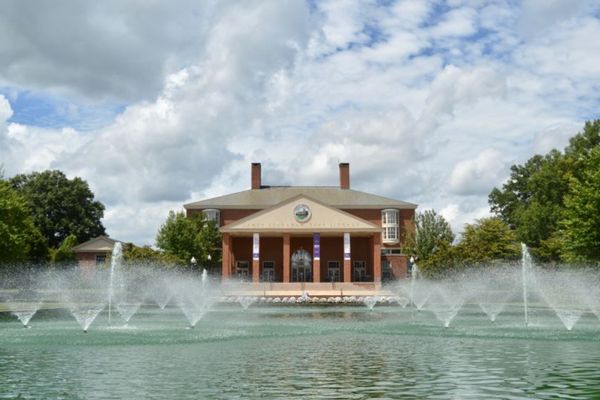In June 2020, Furman University posted its Dean’s List for the previous semester. Names of 1,498 students, approximately 54 percent of the student body, appeared on the list.
Furman’s official Dean’s List webpage says, “The university is noted for its rigorous academic program and strong faculty.” This statement, placed directly above the list of nearly 1,500 names, is ironic to say the least. If the university’s academic program is so rigorous, then why did it award more than half of its students the “honor” of being named on the Dean’s List? And why did its supposedly “strong faculty” collectively award all 1,498 students a GPA of at least 3.4?
Before diving deeper into all the problems this creates, it is essential to acknowledge the context of last spring’s Dean’s list. Faced with the arrival of COVID-19 in the United States, Furman’s faculty and administrators were tasked with pivoting to online learning in a swift and decisive manner. It is important not to be too critical of leaders when they make decisions under such stressful and time-sensitive situations, even if they turn out to be poor ones. The decision to publish last semester’s Dean's List despite its faults, however, was not one of those situations—the administration had ample time, specifically 4 months, to decide how to reward exceptional students.
According to Furman News, the Dean’s List typically consists of about 25 percent of the student body in a regular semester. But given the spring semester’s complications, the average student received better grades than they typically do. Faculty generally graded more leniently, allowed more open-notes examinations, and were understanding of home situations, which led to massive grade inflation, not to mention students’ proclivity to cheat when no one can hold them accountable.
So, what could the deans have done to ensure that their list maintained its prestige? There were at least two clear alternative courses of action: increasing the GPA requirement to make the List, or not publishing the List at all. The academic deans could have looked at the number of students who were set to make the List last spring and made an informed decision about how to proceed.
It seems clear, then, that one of the following is true: either the deans knew that over half of the student body met the requirements and thought that it was acceptable to more than double the number of students named to the List, or they did not realize how many students were on the list, which, if true, would unveil serious incompetency and ignorance.
Let’s assume that the deans are competent, and knowingly allowed so many students to be rewarded. Even so, this is not a trivial matter. A university is only as prestigious as its most prestigious students. When administrators hold up average students as their exemplars, they undermine their own intention to identify and show off talent.
For some perspective, the University considered truly average students (i.e. those in the 50th percentile) to be some of Furman’s best and brightest. The issue with this goes beyond Furman’s reputation—it has an impact on past, present, and future students of Furman University. Past students’ achievements are trivialized, current students are rewarded for things they did not truly earn, and future students will be unsure of whether to take this award seriously. Furman describes Dean’s List recipients as “a distinguished collection of student-scholars,” but if the “distinguished” are a majority, then does their title hold any real weight?
To top it off, on the same website, the author decided to include a seemingly unrelated paragraph describing The Furman Advantage just below the introduction. It seems that the real Furman Advantage is that, if you come to Furman, you can expect to be recognized as exceptional regardless of how you work.
